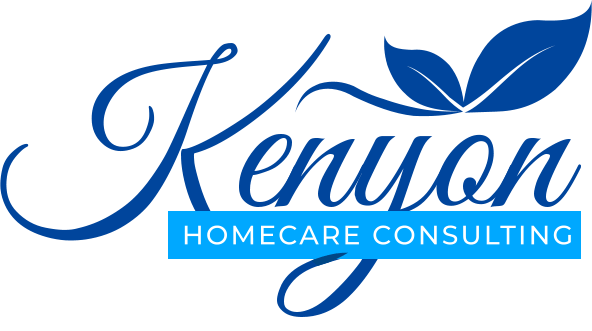Home Health is preparing for another big challenge with payment reform moving into PDGM in 2020. As home care has always worked out a way to do more with less, the thing that always seems to take a back seat is education. Clinical knowledge and technical skill has always been key to properly manage the patient at home. But, as cuts continue to come and costs of doing business increase, it is often the first thing to be cut. It shouldn’t be. If you wouldn’t cut the trunk of the tree out and still expect it to stand, why do it in a clinically-based practice? Let’s look at why it needs to be front and center as you move forward.
What We Face Today:
As predicted many years ago, the industry struggles to have the clinical staff available to care for the volume of patients today. The baby boom generation needs us now in a big way. This leads agencies to often hire nurses and aides quickly just to have the number of people needed to provide service. This doesn’t mean we don’t hire good people that can’t be great long-term staff, but the point is to make sure each one has knowledge and training to be successful. Shortages of nurses and aide staff leave agencies with staff burn-out and holes in quality patient care. Nurses can’t make 10 visits a day and do it well. In a PDGM world, the visit must be comprehensive and follow the care plan or it is waste time and money.
How Do We Best Get Staff The Clinical Knowledge They Need:
Years ago, as an agency, we looked at what made clinical staff leave. The numbers of those staff leaving due to the orientation process was alarming. Staff felt unprepared to take call and handle issues faced in the field by themselves. This came even from those with a previous home health background. Let’s face it, times have changed. Documentation, Oasis, Emergency Preparedness, Care Coordination and Managed Care are just some of the items involved in the evolution of the home care visit. All of that comes on top of making sure the staff have properly cared for the patient. It is a lot for any staff member.
Enter education and training. It is time to re-vamp clinical training and learn to properly assess clinical knowledge. If you expect staff to be successful in the field, then you have to provide the right clinical knowledge to set them up for a win. This means looking at your whole system to determine if it has what it takes. Maybe you train well at orientation, but that is where it ends. Maybe you are the agency that pushes staff out of the nest to see who learns to fly. Agencies can’t take the exact same approach to teach every staff member. It takes finding a formula for clinical knowledge that sticks. It begins with having a comprehensive ongoing program for chronic disease management. Chronic disease isn’t going away, so agencies must find solutions to manage the patients at home.
Let Kenyon Homecare Consulting Be Your Clinical Knowledge HQ:
At Kenyon Homecare Consulting, we work with agencies to develop and maintain clinical education programs that set them up for ongoing success. Whether you need a do-over for your training program or want someone on-site to train senior clinical staff, we can help. Call us today at 206-721-5091 or contact us online and let us help your operations and education/ training. Now is the time!










